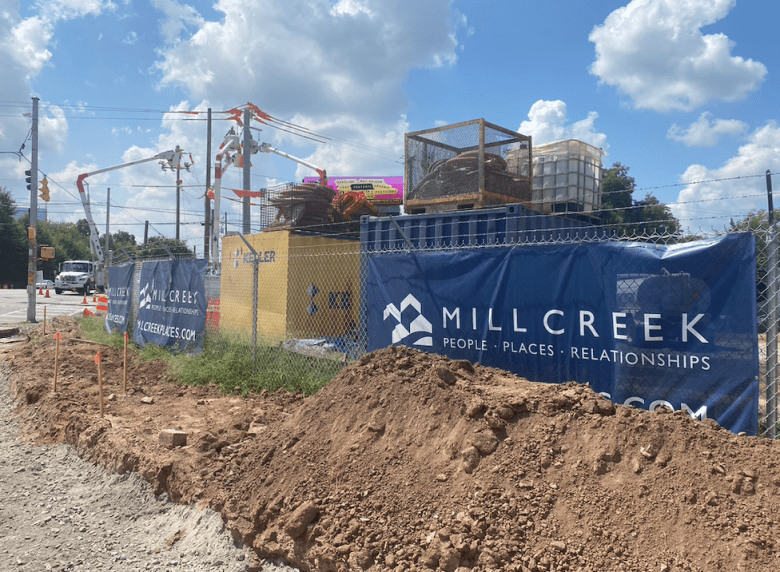
As peak rental season nears a close, new supply added over the course of the pandemic has helped ease apartment searching for prospective renters and current residents in the metro Atlanta area, making the city less competitive for tenants compared to others like it.
According to a recent report from RentCafe based on data from Yardi Matrix, the city falls behind coastal cities and markets in the Midwest in the lineup of the most competitive rental markets across the country.
Atlanta is also home to the least competitive rental market of the Georgia cities accounted for in the study. RentCafe assigned the city a rental competitivity index of 37, falling far behind the markets topping the company’s list, like Milwaukee, Wisconsin with an RCI of 116 and Miami-Dade County with an index of 122. Researchers considered the rental occupancy rate, the share of available apartments, the duration of unit vacancy, the percentage of renewed leases, and the number of applicants per vacant unit to determine each rental market’s competitivity index.
Even Atlanta’s suburbs to the north outperformed the city in terms of competition among renters. Using RentCafe’s methodology, the suburban cities scored a combined RCI of 50, still paling in comparison to smaller markets in the state like Columbus and Savannah, with RCIs measuring at 71 and 77, respectively.
The suburban market’s occupancy rate just barely eclipses Atlanta’s, coming in at 92.8%, roughly one percentage point above the city’s rate of 91.9%.
Even as greater Atlanta’s population expands, the local rental market remains relatively uncompetitive due to an increase in available supply, helping balance the city’s growing demand for housing.
Metro Atlanta was home to the country’s eighth-largest surge in apartment construction from 2020 to 2022, a surplus that saw more than a million new rental units completed nationwide. Roughly 39,500 new apartment units were added to the metro area’s total rental supply in the three-year time span, about 40% of which were constructed outside of Atlanta’s city limits. An additional 18,400 units are anticipated for completion by the end of this year, ranking the metro Atlanta area fifth in the nation for apartment competitions in 2023.
Though Atlanta’s suburbs saw roughly 16,000 units added to its total housing supply during the peak pandemic years, the surplus wasn’t enough to reduce competitivity to fall behind city occupancy rates. The suburbs also saw a larger share of lease renewals compared to the rental market representing the city limits, with approximately 4% more tenants in Atlanta’s outskirts choosing to stay in place this year.
The increase in available supply has also helped soften the effects of renter demand on a national scale. Occupancy rates decreased by 1.3 percentage points from last year to this year, weighing in at 94% at the time of the rental season’s peak.
More supply leads to weaker competition over the limited number of rental units available on the market, making it easier for renters to secure a unit after applying. According to the study, roughly 10 renters competed for a vacant unit in the country this season, compared to 15 renters competing last year.
Flexibility in the rental market also allows renters to be more selective in choosing a place to live, giving them the time and freedom to weigh options before signing a lease and to relocate when they want without fear of running out of alternatives. Fewer renters nationwide renewed their leases in 2023, and individual units remained vacant longer this year compared to the year before.
| . |
